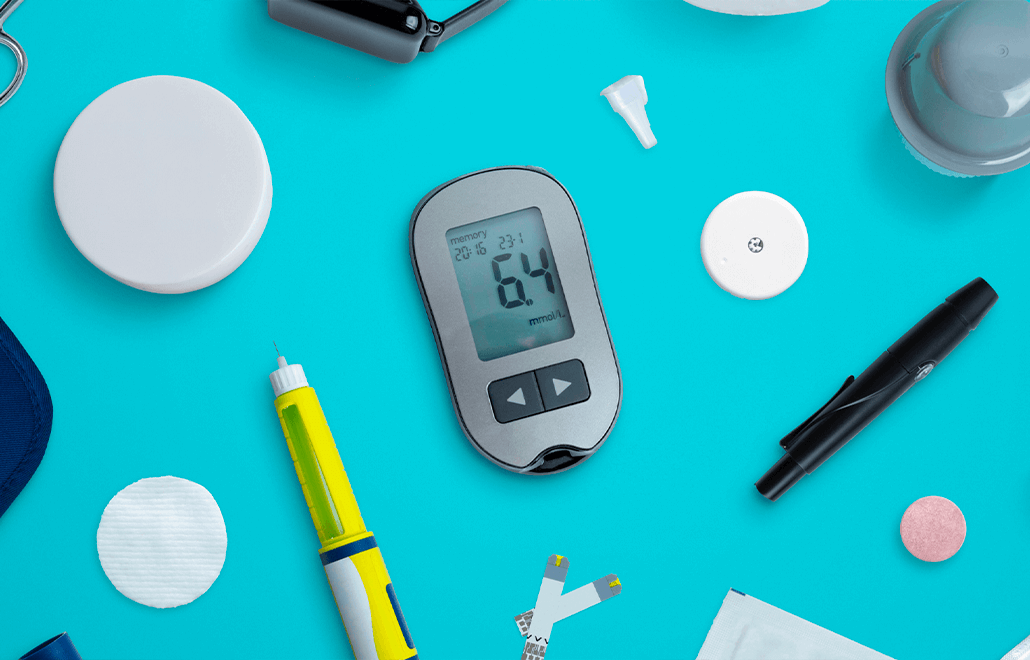In recent years, there has been a growing concern about the rising rates of prediabetes and type 2 diabetes in children and adolescents. While these conditions were once considered primarily adult health issues, they are now affecting our younger generations. As healthcare providers, it’s our responsibility to address this growing concern and emphasize the importance of early screening and intervention.
The Rising Tide of Pediatric Prediabetes and Type 2 Diabetes
Childhood obesity is a significant contributor to the increasing prevalence of prediabetes and type 2 diabetes in children and adolescents. The link between excess body weight and insulin resistance, a hallmark of prediabetes, is well-established. With the rise in childhood obesity, it’s not surprising that we’re seeing more young individuals at risk of developing these metabolic conditions.
The Value of Early Screening
Identifying prediabetes and type 2 diabetes in their early stages is crucial for several reasons. First, it allows for timely intervention to prevent or delay the progression of these conditions. Lifestyle modifications, such as dietary changes and increased physical activity, can be highly effective in managing prediabetes and early-stage type 2 diabetes.
Early screening also enables healthcare providers to identify comorbidities and complications. Children and adolescents with prediabetes or type 2 diabetes are at increased risk of other health issues, such as hypertension, dyslipidemia, and non-alcoholic fatty liver disease. Detecting and addressing these conditions early can prevent long-term health consequences.
The Role of Healthcare Providers
As healthcare providers, we play a crucial role in the early detection of prediabetes and type 2 diabetes in children and adolescents. Regular check-ups and well-child visits provide an opportunity to assess a child’s overall health, including their risk for metabolic conditions.
In line with the American Academy of Pediatrics recommendations, we should consider screening children and adolescents who are overweight or obese, have a family history of type 2 diabetes, or display signs of insulin resistance. Early screening typically involves measuring fasting blood glucose levels or conducting an oral glucose tolerance test.
Preventive Measures and Lifestyle Intervention
When prediabetes or type 2 diabetes is identified, it’s essential to initiate appropriate management promptly. Lifestyle changes are the cornerstone of treatment. This includes promoting a balanced diet, regular physical activity, and weight management. These interventions can help improve insulin sensitivity and glycemic control.
In some cases, healthcare providers may recommend pharmacological treatment. Medications such as metformin may be prescribed to manage blood sugar levels effectively. The decision to initiate pharmacological treatment is typically based on the severity of the condition and the individual’s response to lifestyle changes.
Empowering Families and Communities
Preventing and managing prediabetes and type 2 diabetes in children and adolescents is a collective effort. Healthcare providers should collaborate with families and communities to promote healthy behaviors and create supportive environments. This includes providing resources and education on nutrition, physical activity, and stress management.
At Inspire Cares Medical Group, we’re committed to the health and well-being of your children. Our dedicated team provides comprehensive healthcare services, including regular check-ups and screenings. We’re here to support your family in making informed decisions about your child’s health. By working together, we can tackle the growing issue of prediabetes and type 2 diabetes in the younger generation, ensuring a healthier future for all.
For more information on pediatric healthcare and to schedule your child’s next check-up, please visit Inspire Cares Medical Group. Our team is here to partner with you in safeguarding your child’s health.
Reference: https://www.aafp.org/pubs/afp/issues/2022/0100/od1.html



